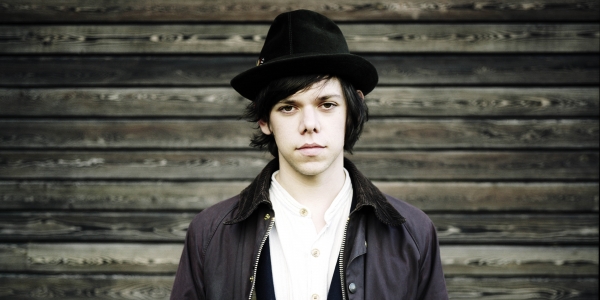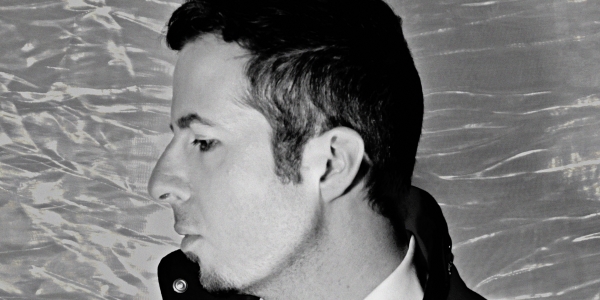“It was everything I expected and more!” he enthuses. “The entire environment is pretty amazing; they have amazing taste, right down to the décor of the studio even. You get access to incredible pieces of equipment, some real unusual stuff that I didn’t expect to have access to, and there are some amazing people that you get to talk to. Gabriel Roth was there, he’s like the genius of lo-fi recording. It sounds like it’s from the ’60s. I really got inspired by James Pants, though, even though he used to be more of a hip-hop artist. Now he’s in his own psychedelic synth world and signed to Stonesthrow. He really influenced me to just go ahead and do whatever I wanted to do. When I was playing around with the instruments I picked up this ’80s synth and I got this really funky sound but it was also cheesy and I was saying it was awful be he was like, ‘nah it sounds great!’ He taught me it’s okay to be comfortable in your sound and image and anything kind of goes.”
In fact, pretty much all those in attendance, including big names like Mark Ronson, taught Fox an important lesson that changed the way he viewed music: you never really stop learning. It’s an ongoing process, Fox states, and even the best of them often have no idea what the hell they’re doing.
“Everybody is down to earth, it’s very refreshing. They’ve got very eclectic influences obviously but everybody is also grounded. I was pretty amazed to realise that no matter how long some people have been doing this and no matter how great they are at what they do, they still kind of don’t know what they’re doing – no one does! I think the key is to just keep messing around all the time! I think they base the entire selection process of people they accept based on how well you’re going to function in an environment where everyone is collaborating. The application process was a very long and detailed personal questionnaire to give them a good sense of who you are and your interests. They ask you to send a demo of your production in too, even though I didn’t really like what I sent at the time.”
But the most important thing was the ability and willingness of participants to network. According to Fox, the aim of Red Bull Music Academy was not so much to come up with a hit song as it was to explore approaches that may not have been considered before while being influenced by others with both more and less knowledge.
“Red Bull got me into working with other people much more than I ever had before,” says Fox. “But the biggest thing is that it made me take production more seriously. I never really considered myself to be a producer really, and I was never particularly involved with instruments. The whole experience has made me realise the fun in collaborating with other people rather than working all the time as a solo individual or as a bedroom producer or something. I’m really into a strange variety of music but the main release I put out this year was a four-track EP. It’s a bunch of gritty, slow house tracks, a couple of them have acoustic guitar, but most of them are from MPC and drum machines and a sampler. I was also trying to use records that were quite upbeat and just looping them, some of them have jazz influences, but I’m heavily influenced by Detroit.”
Fox adds that it’s the approach many Detroit producers would often take that has served as a huge influence on his own production recently. Focusing on the intricate details, even if it means spending a day-and-a-half on a particular little sound, is where Fox’s priority lies when it comes to his original tunes.
“I’m a huge fan of how Detroit producers will spend forever or however long it takes working on just tuning that tiny little sound until it has a feel of its own. I like to focus on the elements that people would normally not be too fussed about, like the texture of the sound. I’m not quite sure what I classify my music to be because I like little parts and bits and pieces of most genres, though. I love music that’s quite sparse but focused on percussive and rhythmic elements. The tracks that have vocals, I only like it when people show off their wordplay and don’t use lyrics for fixed meaning. I don’t like lyrics that are extremely autobiographical; I personally like music that’s about the sound of the lyrics and not so much the story behind them. I like humour in rappers’ work, I love rhymes that don’t make sense. I like the cryptic rather than the story.”

